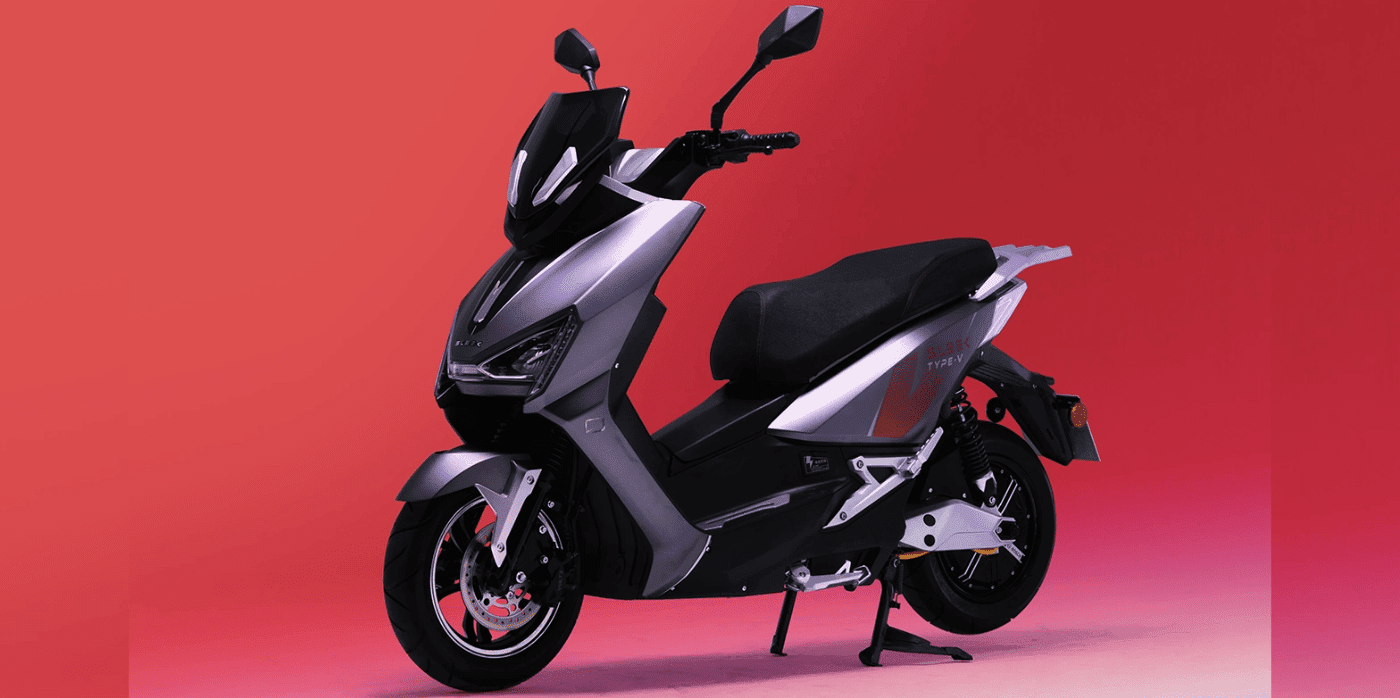Electrifying motorcycles in Southeast Asia

Spotted: Electric motorcycles, while currently a small percentage of vehicles on the road, are becoming more common, and the global market is expected to grow steadily between 2022 and 2030. Currently valued at more than $30 billion (around €28.7 billion), electric motorcycles are becoming more desirable as technology develops and governments provide incentives for their use. Personal transport by motorbike is particularly common in the 10 countries that make up the Association of Southeast Asian Nations (ASEAN). Indonesia, Vietnam, the Philippines, and Thailand are exhibiting the highest rates of growth of sales of motorcycles.
Determined to be a part of that expansion while also pushing the industry to become more sustainable is Singapore-based Sleek EV. The electric motorcycle company offers three models designed for all aspects of urban driving. The Sleek One is the most affordable model and is designed for relatively smooth daily commutes. The Sleek Type V is stronger, heavier, and made for more robust rides. The Sleek Type V – GT is the sportiest model with the biggest power capacity. All the models use Bosch motors and Samsung batteries, with the dashboards providing dashboard easy-to-read information in daylight and at night.
The bikes range in power from 1500 to 4000 watts and are drivable in one of three modes: eco, standard, or sport. In all three motorbikes, the battery reaches a full charge in three and a half hours or can be charged more slowly overnight. Users can either charge their battery while it’s in the bike or remove it for charging via a home electrical socket.
The company recently closed a pre-series A funding round led by venture capital fund Orzon Ventures. The money raised is earmarked for the expansion of its partnerships with motorbike dealers throughout Thailand.
Springwise’s archive includes other examples of electric motorbike startups and redesign projects that are making it easier for communities to make the switch from petrol-powered to renewable energy transport options.
Written By: Keely Khoury


